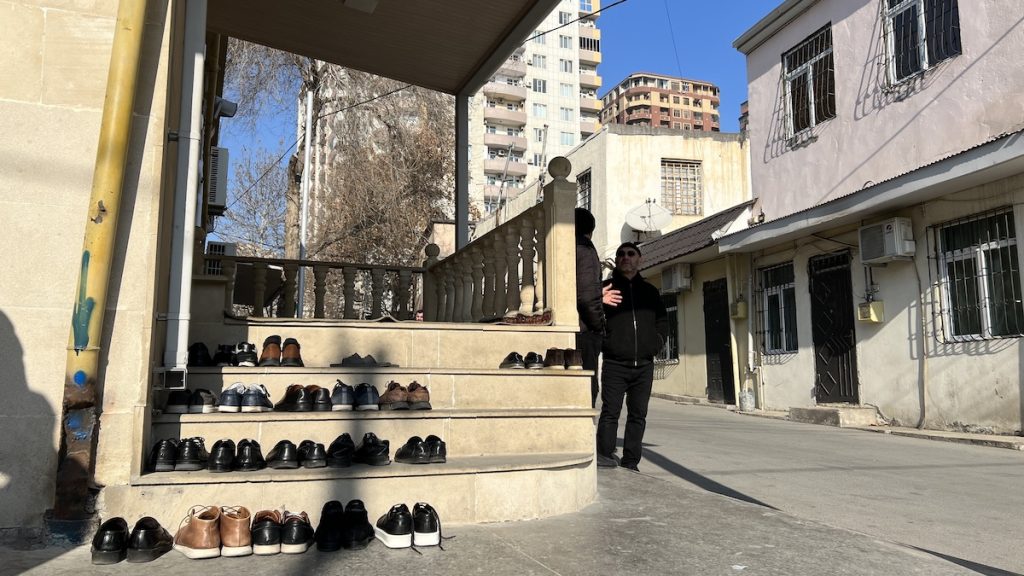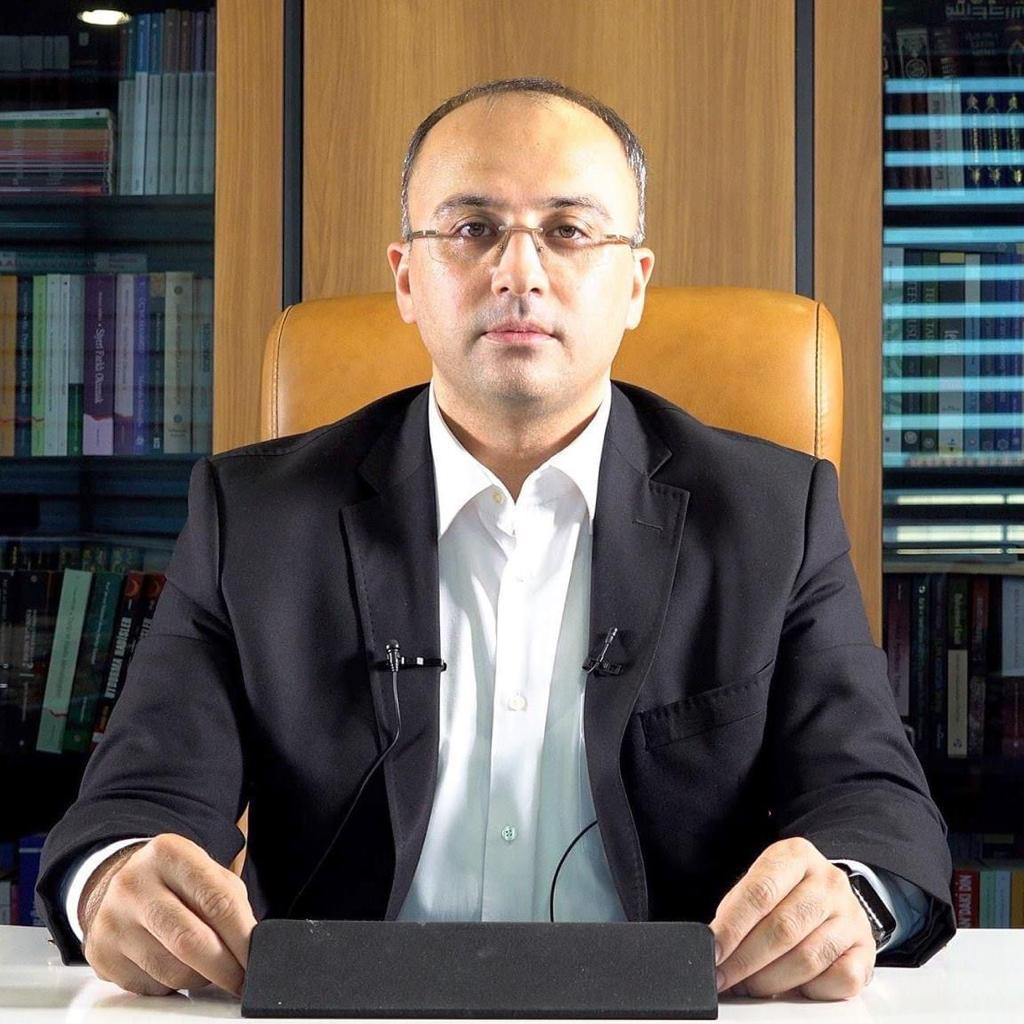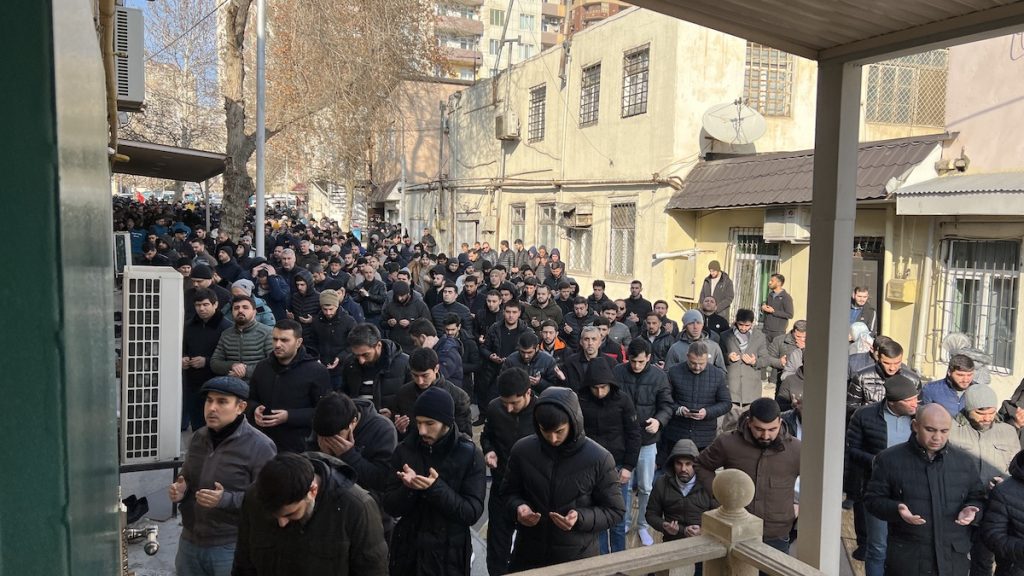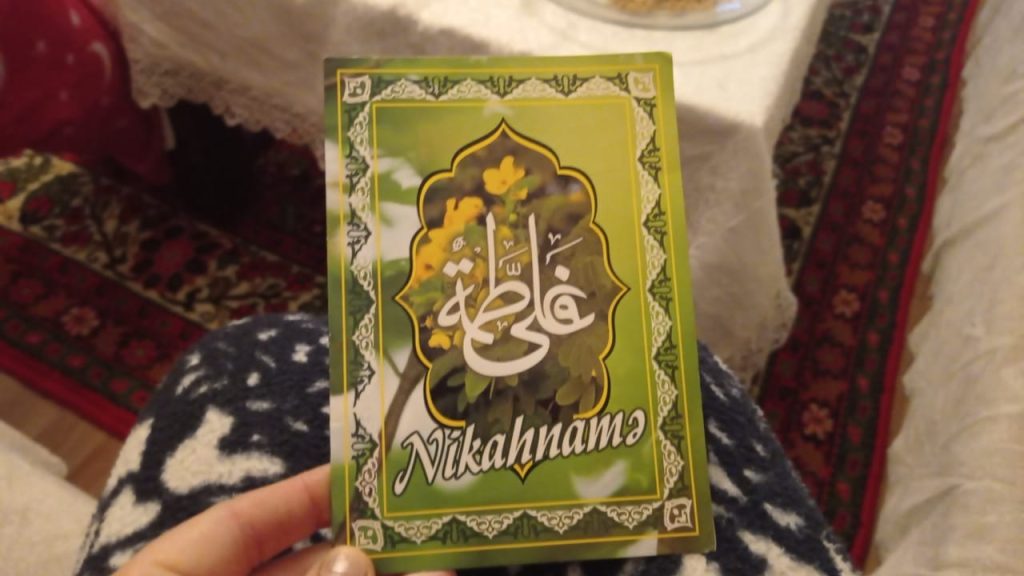"Islam does not have a significant influence on society in Azerbaijan. What does this mean?" Study
Influence of Islam in Azerbaijan
JAMnews prepared three studies on the role of religious institutions in the three countries of the South Caucasus. The study on Azerbaijan follows. Those on Georgia and Armenia can be found at the following links:
How the church became the most influential and wealthy institution in Georgia
“Not a religion, but a way of life” – how the Armenian Apostolic Church became exceptional
According to official statistics, 93.4% of the population of Azerbaijan consider themselves Muslims. But it is not known how and by what method this total was calculated. The percentage of Sunnis and Shiites – both prevalent in Azerbaijan – among those who call themselves Muslims is also unknown.
So how does religion affect society in an almost monoreligious country?

Islam has little impact on society
The main religious administration of Azerbaijani Muslims (according to some) is the Caucasian Muslim Board. For many years all mosques in the country were under the control of this body.
“Azerbaijan was influenced by long years of living under the Soviet regime with its atheistic thinking. And religion here does not particularly affect society, although in recent decades this has been changing,” theologian Elshad Miri says.

“Religion has a much greater influence in the south of the country, which is associated with the close proximity of this region to Iran. The same situation develops in separate quarters or settlements where believers live in density. Among the suburban settlements of Baku, Nardaran stands out in this respect.”
But in general, Miri says, one can hardly talk about the great role of religion in the politics and social life of Azerbaijan.
Nardaran events – the largest religious clash
A bloody clash took place on November 26, 2015 in the Baku suburb of Nardaran in which seven people were killed, including two policemen.
It all started when the government launched a special operation to detain leaders of Islamic movements in Nardaran over an “armed group” that allegedly was in the village and plotting to overthrow the constitutional order by force, former Interior Minister Ramil Usubov said.
After that, the people of Nardaran set up barricades and closed the entrances and exits to the village. Three days later, the council of elders of Nardaran decided to stop the protest.
Seven years have passed since the incident, but still today when entering or leaving Nardaran, one must go through a police checkpoint. At the entrance to the village, one must give an exact reason for visiting and wait until this is verified.
“A little influence from religion is not a bad thing”
“I am not a supporter of a strong religious influence in society, as this stimulates the ideas of the theocratic regime. The result can be the encroachment of religion on power and the exclusion of non-believers,” Elashad Miri says.
The current head of the Caucasian Muslim Board, Allahshukur Pashazade, was elected to this position in 1980. For some time he was a deputy of the Supreme Soviet of the USSR, but when the independence movement began, he was out front.
In the days of the tragedy of January 20, 1990, when units of the Soviet army were brought into Baku and 146 people were killed in fighting, Pashazade earned great respect from the people for taking a tough stand against the Soviet leadership in Moscow.
This was especially important, since Azerbaijan was effectively left without leadership and plunged into chaos.
Later, the Board began to cooperate with the authorities, and this reduced its popularity and influence in society.
And then a period of rivalry began, when the authorities created a parallel structure – the State Committee for Work with Religious Institutions – and thus systematically weakened the position of the Caucasian Muslims Board.
July 2021 also saw the waning of the personal authority of Allahshukur Pashazadeh, Elshad Miri says. Pashazadeh spoke at a state event in Shusha and paid great attention to a fatwa of the Ayatollah Khamenei, creating the impression that it was he who led Azerbaijan to victory in the second Karabakh war (autumn 2020).
“Before this incident, the president always publicly showed his support of the chairman of the Board, talked about their personal relationship. But after that speech by Pashazade, we did not observe this either in the protocols or during individual meetings,” Miri says.
Burial according to Muslim customs, even if they were not observed during life
Most people in Azerbaijan live without fulfilling the five obligatory conditions of Islam, but when they die, everyone must be buried according to Muslim traditions. Perhaps that is why Islam is perceived by part of society as a religion of mourning.
Weddings, baptisms, and other celebrations are held in Christian churches. In mosques people either pray, the dead are brought there for bathing, or they hold a wake.
But Elshad Miri believes that “Islam is connected with life, and it is wrong to associate it only with funerals, commemorations.”
“In many countries people come to the mosque with their children, who run and play there. In England, I saw a gym at a mosque. In Belgium a teahouse is open right in the mosque. In Bosnia and Herzegovina, I even saw a bathhouse in the mosque complex. In Azerbaijan, it is necessary to change the attitude towards mosques,” he said.

Religious marriage (kabin)
Most in Azerbaijan, when starting a family, register their union both with the state and mosque. There are also married couples who ignore registration in the registry office, being content with only a religious marriage, or kabin.
But according to the law, mullahs have the right to register a marriage according to Muslim customs only upon presentation of a certificate of state registration.

Youth receive religious education in Iran and Saudi Arabia
One reason for the spread of various branches of Islam in Azerbaijan is the popularity among young people of the idea of getting a religious education in Iran, Saudi Arabia and Syria.
Yet these students are often branded as “religious extremists” by society.
Elshad Miri believes that if Azerbaijan itself could offer quality religious education, there would be no need to travel abroad:
“There used to be faculties of theology at Baku State University and the former Caucasian University. The Baku Islamic University operated under the Caucasian Muslim Board. But subsequently they closed one by one. Then the Azerbaijan Institute of Theology was established.
The situation is such that today slightly more educated mullahs are being trained to replace the former uneducated mullahs.“



















